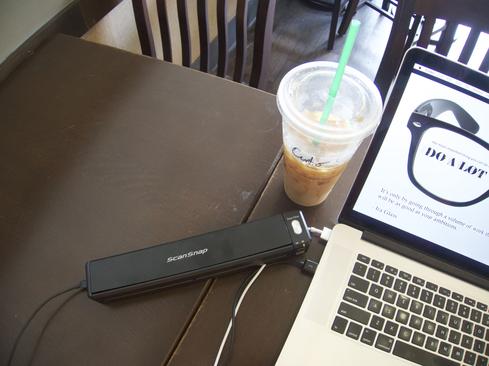Persado contends its machine learning system can produce better direct response ads than human ad copywriter.


Fujitsu ScanSnap ix100: Portable Scanning In A Backpack
Fujitsu ScanSnap ix100: Portable Scanning In A Backpack (Click image for larger view and slideshow.)
Buying is an emotional act. That's why you need machines.
Persado, a machine learning company, claims its algorithmic copywriting produces better direct marketing response rates than ad copy penned by humans. The company was founded on December 12, 2012, a date associated with a trinity of dozens because, "We're all about math," said director of marketing Julia Spano.
Machines already write prosaic financial news and sports reports, with the help of companies like Automated Insights and Narrative Science. But writing compelling ad copy, arguably a creative endeavor, ought to be difficult for machines.
David Atlas, chief marketing officer at Persado, insists otherwise. "We're seeing about a 75% average improvement in performance," he said, specifically in reference to short, direct marketing messages sent via SMS and email.
The company's clients include: Best Buy, Ci6, LivingSocial, MetLife, Neiman Marcus, Verizon Wireless, Vodafone, and ZipCar.
As an example of what Persado does, consider two Verizon Wireless email campaign messages. One opened with, "Stay connected in a whole new way. Upgrade to a smartphone today." Another opened with, "Congrats, we're pleased to reward you for your loyalty. You've earned it, now enjoy it."
The first message generated a click-through rate of 8.2% and a conversion rate of 13.7%. The second message generated a click-through rate of 24.6% and a conversation rate of 20.75%. This second, optimal message was the top performer among over half a million ad permutations and resulted in an order rate increase of 51%.
Whether people respond to marketing messages is often a matter of emotion, according to Atlas. By encoding and categorizing the terms used in marketing pitches, Persado has constructed an emotional classification system -- a taxonomy -- that it can use to assess the sentiment evoked by specific ad copy and the relative likelihood those feelings will prompt an ad recipient to respond.
Atlas describes the algorithm developed by his company as "a math problem that solves for the most persuasive message."
"You now have the mathematical insights at a word and phrase level about which emotions are driving response," said Atlas.
Nonetheless, Atlas doesn't believe Persado will factor humans out of the copywriting equation. He likens his company's system to a spell-checker that frees marketers from details, allowing them to focus on the bigger picture. AI can also stand for augmented intelligence.
Persado makes a persuasive case for automation as a way to increase revenue, and for the general value of machine learning to IT organizations.
About the Author(s)
You May Also Like







